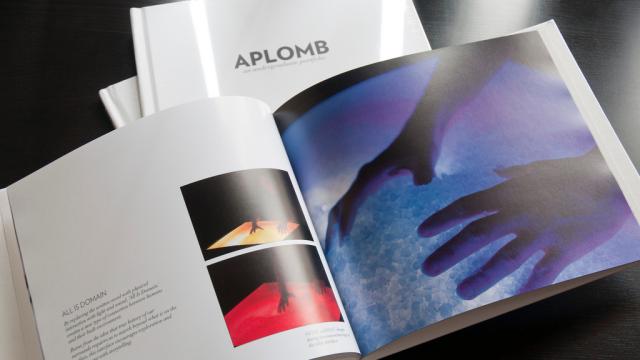When you’re putting together a portfolio for a potential job, you want to highlight your best work. You might feel like that’s your personal projects, but don’t neglect your professional work.
Photo by Scott Brown.
As productivity site 99u points out, even if you’re not as emotionally attached to your professional projects, they demonstrate key aspects of your work ethic to a potential employer. They show how flexible your style can be or how you can adjust to a client’s needs:
Self-initiated projects are great to explore and practice, but when it comes to your portfolio try to show as much real stuff as you can. A real project means you have had to adjust to certain parameters and production limitations. You have dealt with a client, undergone revisions, and had to justify the choices you’ve made. Things you did in your personal project are things that might never happen in the real world because your personal projects are rarely compromised by real-life circumstances, like client input. If you have created something you really consider worth showing, make a mockup so good that it will be hard to tell the real from the fake and specify it’s a self-initiated and the thinking behind it.
Of course, if you’ve done something really impressive in your field that was a personal project, there’s nothing wrong with showing it off. However, your professional projects are the ones most likely to mirror the skills you’ll need and use in a work environment. Even if you’re not quite as proud or excited about those, they’re what a potential employer wants to see.

Comments